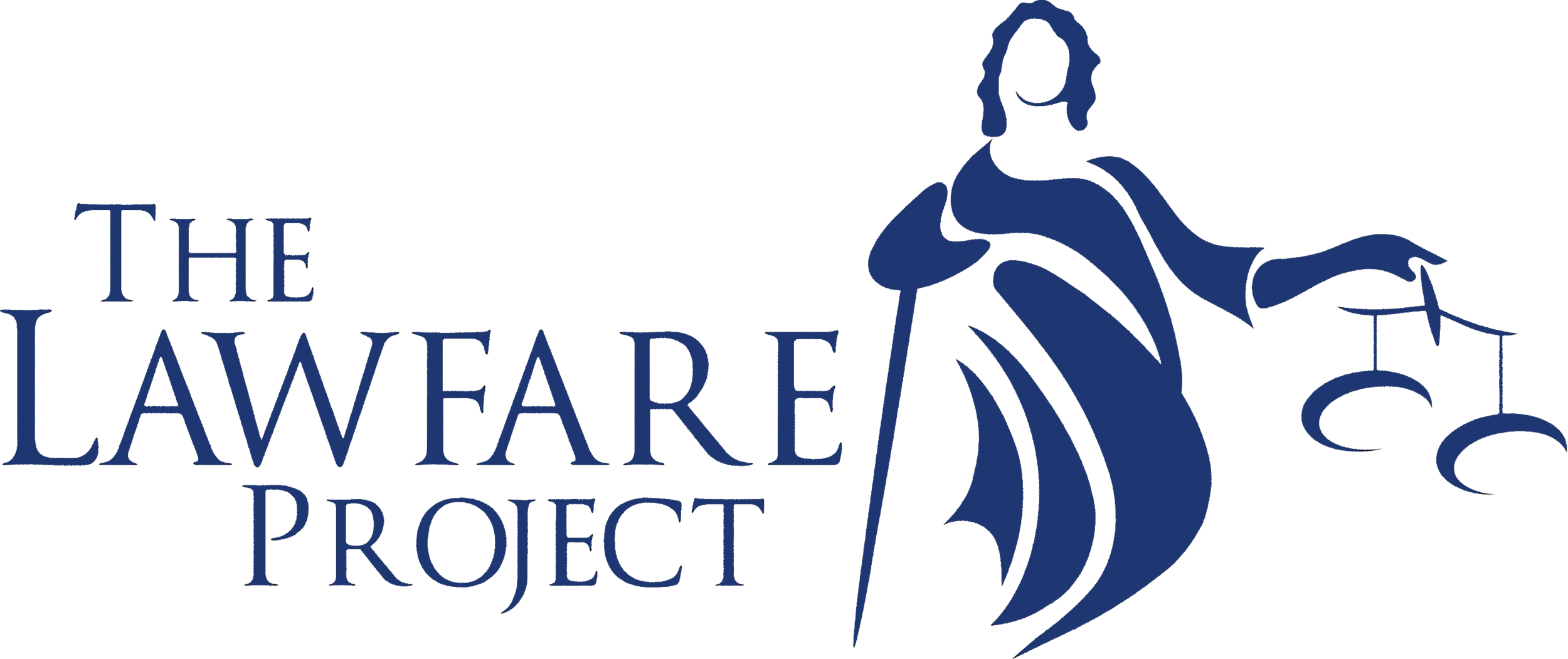FOR IMMEDIATE RELEASE: Lawfare Project cited in complaint challenging ASA’s tax-exempt status
Lawyers challenge tax-exempt status of American Studies Association (ASA) in response to discriminatory academic boycott, cite The Lawfare Project in whistleblower complaint
In response to last month’s vote by the American Studies Association (ASA) to endorse a boycott of Israeli academic institutions, several lawyers led by William A. Jacobson, Clinical Professor of Law and Director of the Securities Law Clinic at Cornell University Law School, have filed with the Internal Revenue Service a whistleblower complaint challenging the ASA’s 501(c)(3) tax-exempt status. The complaint asserts that the academic boycott is not in furtherance of the ASA’s exempt purpose and violates public policy.
According to Legal Insurrection, a blog authored by Jacobson, “The reaction to the ASA’s boycott has been overwhelmingly negative. At least 125 universities and leading academic institutions have spoken out against the boycott and issued strong statements as to the damage to higher education such boycotts inflict.”
In March 2013, Breitbart published a groundbreaking article by The Lawfare Project on the applicability of New York State anti-discrimination law in the context of discriminatory Boycott, Divestment, and Sanctions (BDS) activity targeting Israeli persons and entities.
The Lawfare Project was asked to provide research on state law demonstrating the widespread public policy against discrimination on the basis of national origin and religion. The LP’s research is cited on pages 33 and 34 of the complaint. In addition to potentially violating various state anti-discrimination laws, academic and economic boycotts of Israel, as well as other activities of the Boycott, Divestment, and Sanctions (BDS) movement, are part and parcel of a lawfare campaign to mischaracterize Israel as an “apartheid” state that violates Palestinian human rights. However, the disproportionate focus on Israel and failure of BDS proponents to acknowledge the grave human rights violations perpetrated against Palestinians by their own governments, and by nations such as Jordan, Lebanon, and Syria, betray the anti-Israel and anti-Semitic ideals that fuel the movement.
The introduction to the complaint explains why the ASA is no longer entitled to tax-exempt status:
ASA’s academic boycott is not consistent with its educational exempt purpose. ASA’s academic boycott is anti-educational, seeking to sever the free exchange of ideas and interactions among scholars and institutions so critical to higher education. ASA’s academic boycott is deemed such a threat to academic freedom and the educational process that major non-partisan organizations representing virtually every higher educational institution and almost 50,000 university professors have denounced the academic boycott. Over 100 individual university presidents have done the same, and the number is growing.
These denunciations have been without regard to where one stands on the Middle East dispute, and are grounded in the threat academic boycotts present to education, not Middle East politics. ASA’s exempt purpose would be violated even if ASA took the other side of the political issue, and boycotted Arab universities and scholars.
. . .
This particular ASA academic boycott is even worse, because in addition to being anti-educational, it is based explicitly on national origin in violation of the public policy against such discrimination. In addition, the international boycott of which ASA now is a part traces its roots directly to the anti-Semitic Durban NGO conference in 2001 and the anti-Jewish sentiment of the Palestinian boycott movement.
In examining whether the ASA boycott is a proper exempt purpose, the Service cannot ignore the anti-Semitic context and roots of the boycott movement ASA has joined.
The ASA academic boycott also violates clear U.S. public policy, expressed in federal and state laws, against international boycotts singling out Israel.
We suggest that under relevant statutory, regulatory and case law authority, revocation is required.
